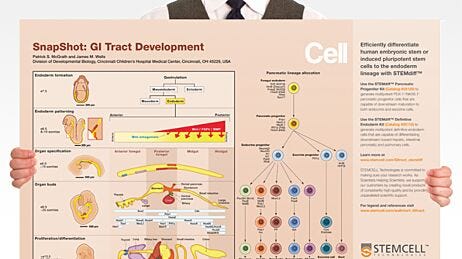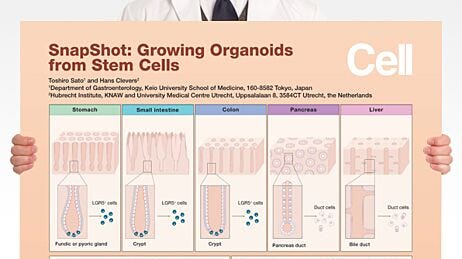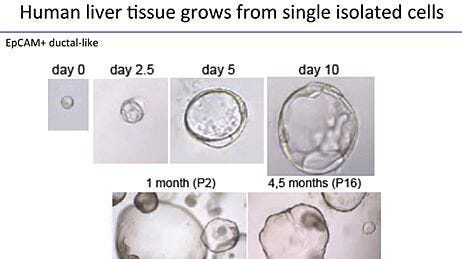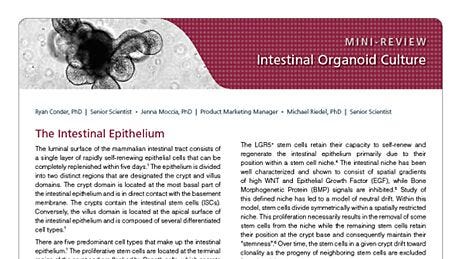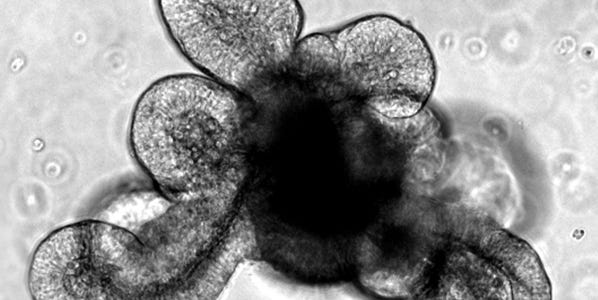
Digestive Disease
Modeling Human Gastrointestinal Development and Disease Using Pluripotent Stem Cells
Organoids are three-dimensional (3D) cell cultures containing a self-renewing stem cell population which differentiates into multiple, organ-specific cell types demonstrating key features of the represented organ. Advancements in organoid culture, such as the co-culture of different tissue types, further increases their utility as models of the in vivo organ and provides researchers a convenient platform to complement existing 2D culture and animal models. In this webinar, Dr. James Wells discusses the generation of human intestinal organoids containing a functional enteric nervous system, the differentiation of gastric organoids, and the application of these systems to examine intestinal motility disorders and gastric infection with Helicobacter pylori.
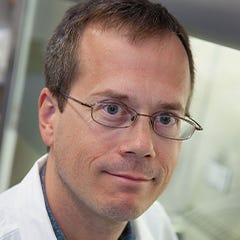
Professor, University of Cincinnati
- The critical importance of understanding developmental biology to generate human pluripotent stem cell (hPSC)-derived organoids
- Identification of new mechanisms that control gastrointestinal (GI) organ development
- Use of developmental principles to generate 3D GI organ tissues from hPSCs
- hPSC-derived GI organoids as models of human development and disease
Professor, University of Cincinnati
James Wells, PhD, is a Professor of Pediatrics and an Endowed Professor at the Perinatal Institute of the Cincinnati Children’s Hospital Medical Center. Prof. Wells is a pioneer in the directed differentiation of human pluripotent stem cells (hPSCs) into organoid cultures to study human development and disease.
